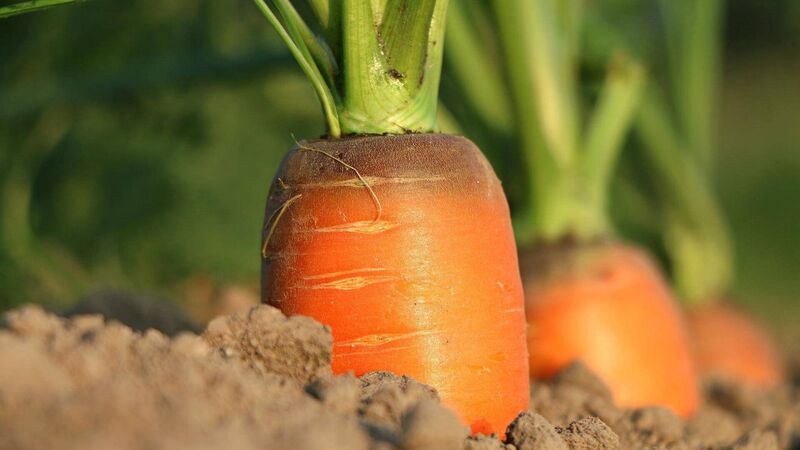Report outlines "no single solution" for horticulture

In 2020, the horticulture sector had a farm-gate value of €467m.
A new report has said there is “no single solution” to ensuring the successful development of the Irish horticulture sector.
The document, published this week, provides a comprehensive overview of the state of play in the horticulture industry in Ireland.













